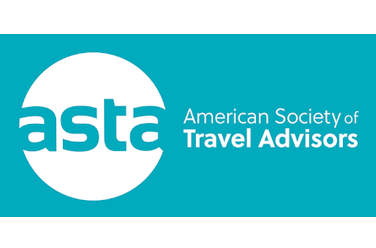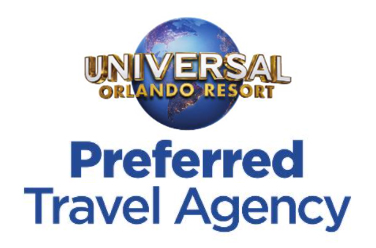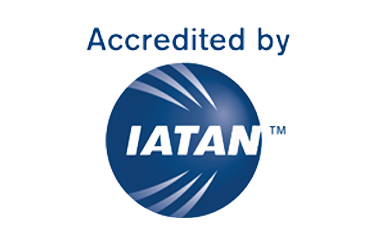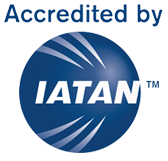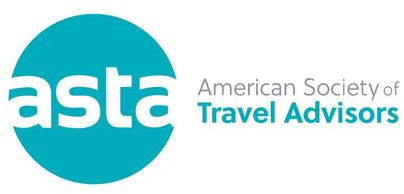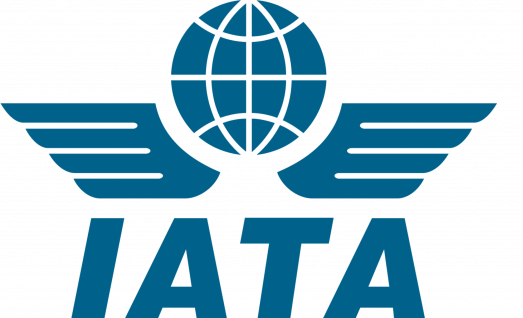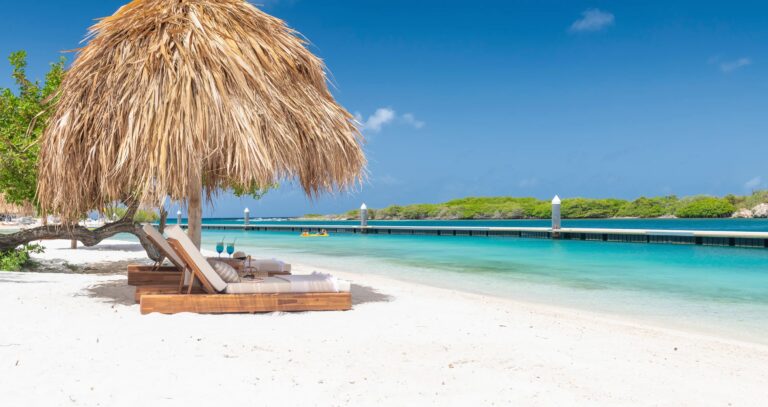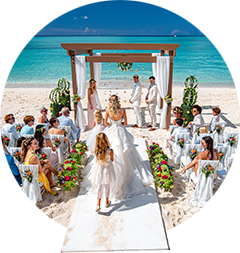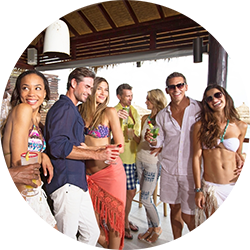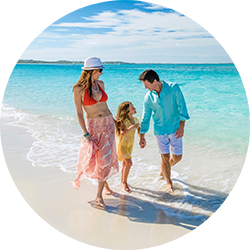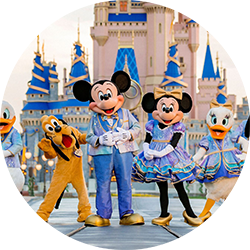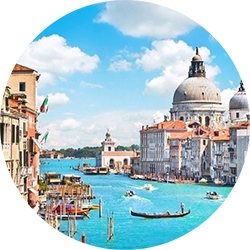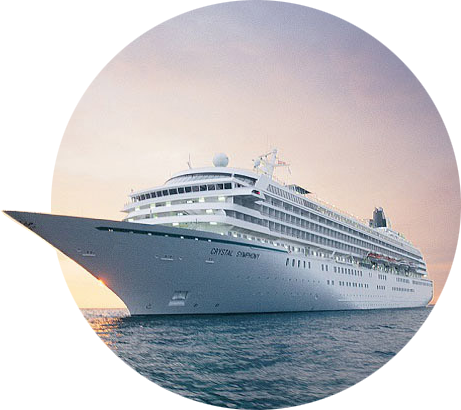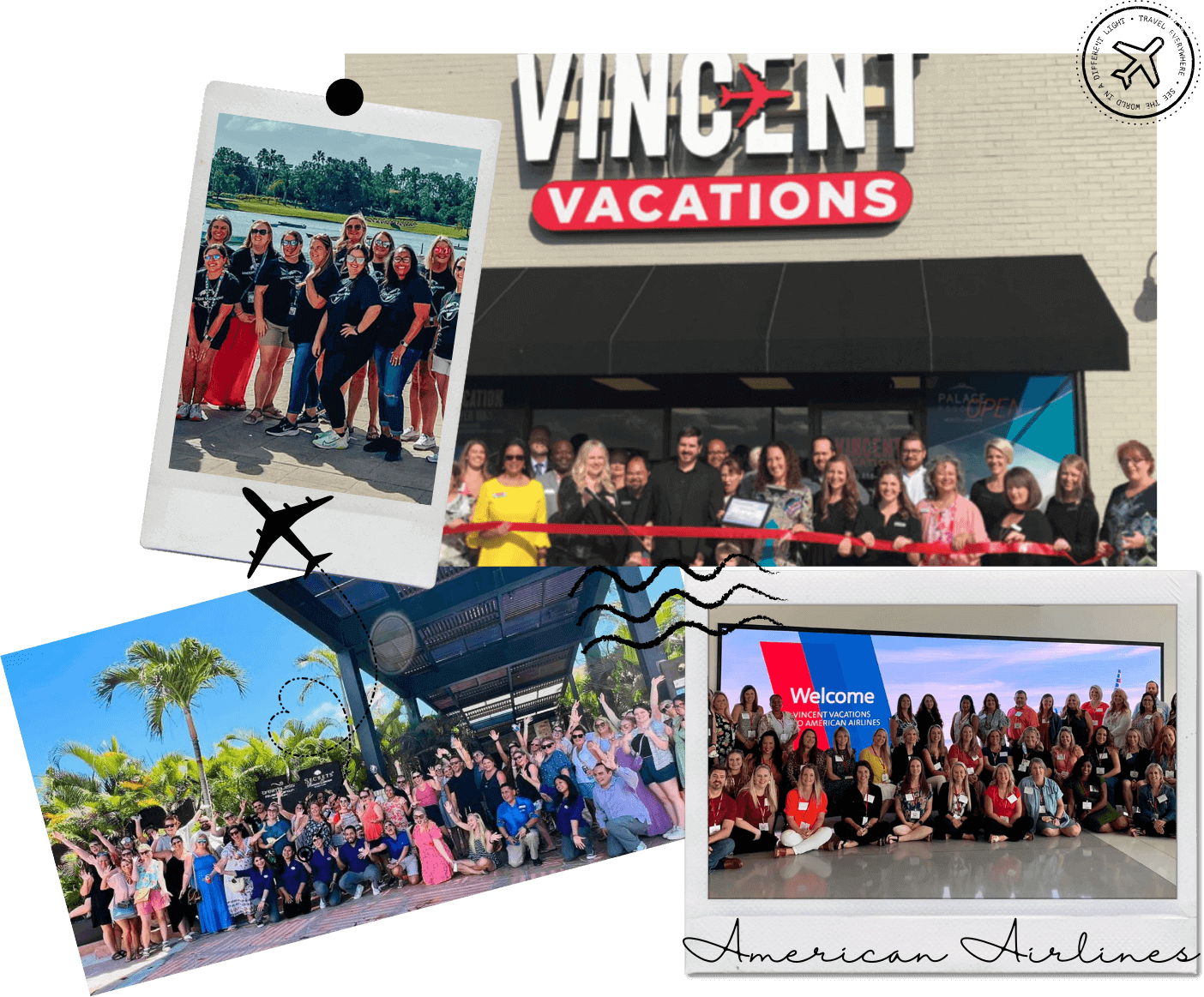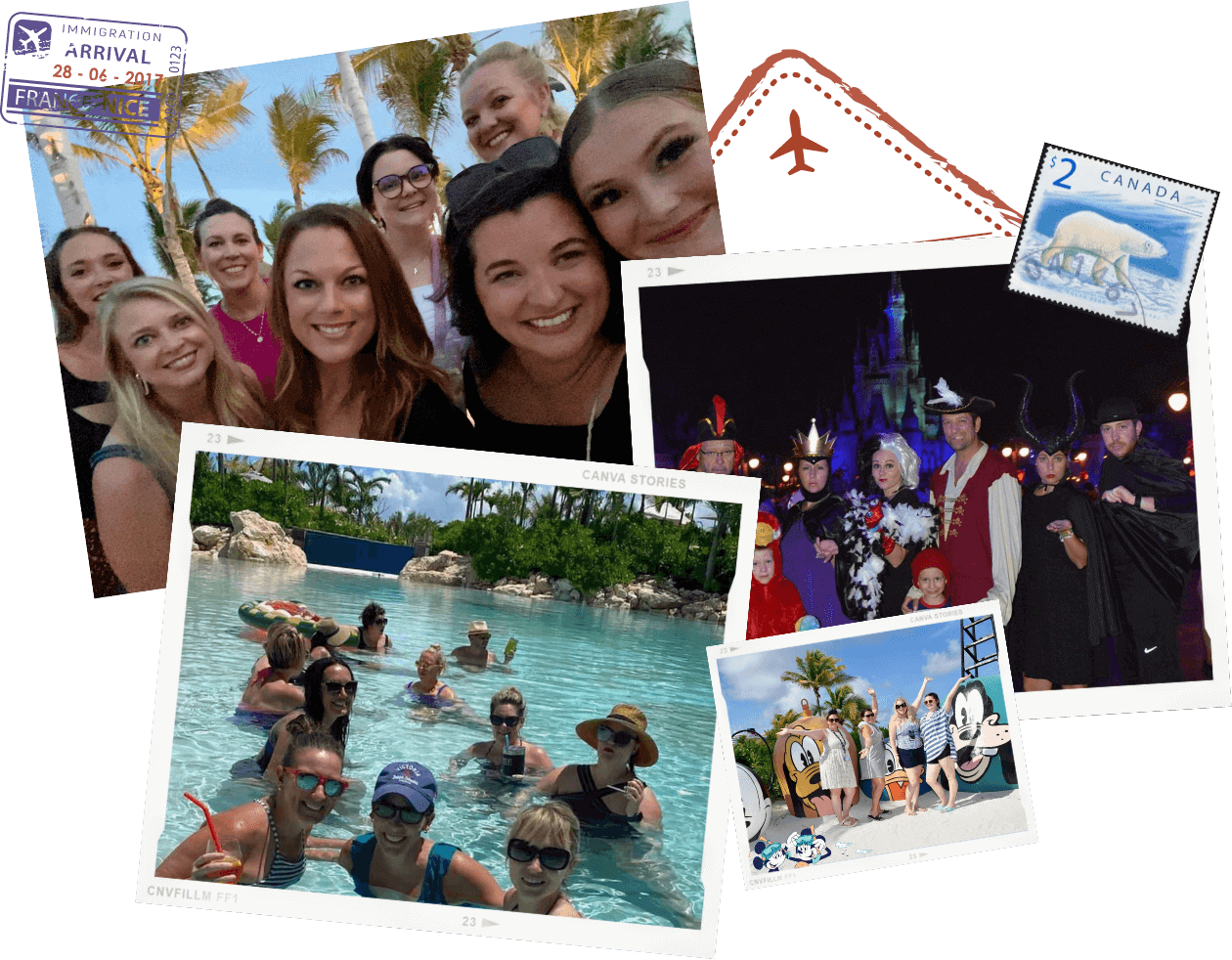Venezuela is in the news a lot these days for its widespread poverty; food and health care shortage; and economic and political instability. Most governments are recommending their residents be cautious when traveling there because of the volatile political situation and lack of security in the big cities and border areas. Until stability returns to the country, a visit should be approached with extreme caution.
Exactly when stability will return is anyone's guess, but a coalition of opposition forces now holds a majority in Congress as a result of nationwide general elections held in late 2015. However, this majority does not yet translate to the ability to overturn existing legislation or guarantee passage of promised reforms.
Caracas, Venezuela's cosmopolitan capital, has fine restaurants and boutiques that formerly rivaled those of Paris or New York City. The country's high-end resorts held their own with any in the Caribbean, and its infrastructure was among the best on the continent.
All this has changed in the years of Chavez and Maduro's relentless dismantling of the economy and increasing isolation of the country. Crime rates have soared, once-beautiful parks and shopping malls are trash heaps, inflation is the highest in the world and the economy has been devastated.
But Venezuelans are nothing if not resourceful, and the vast majority have had enough of the western hemisphere's most totalitarian regime. The opposition's wide margin of victory, even in the areas predicted to remain strongholds of chavismo, in time will empower it to make urgently needed reforms to almost every economic sector.
Venezuela is also attempting to restructure its economy, which is in freefall and plagued by capital flight, extreme inflation, multiple exchange rates, lack of transparency and a nearly worthless currency. It is even now attempting to wean itself off of a dependence on oil and move on to more diverse resources such as gold, diamonds, aluminum, steel and iron ore.
The country is also counting more and more on its other natural assets—Andean mountains, dramatic waterfalls, tropical jungles and miles/kilometers of Caribbean beaches—to bolster its economy.
Geography
Venezuela is divided into four distinct geographic regions: the Caribbean coastal area (where nearly 90% of the population lives), the Andes (mountainous western region), the Central Plains, known as the llanos (farming and cattle ranching), and the southeastern Guayana Region (Angel Falls, Amerindian communities, jungle, giant sandstone plateaus). Venezuela is a land of great diversity, and unlike some other South American countries, most of the country's sites are readily accessible. History
The first European to set foot in the region was Christopher Columbus, who arrived in what is now Venezuela in 1498, immediately declaring it un paraiso en la tierra (a paradise on earth). Another famous European explorer, Amerigo Vespucci, named the country Venezuela, which means "little Venice" in Spanish. The huts he saw built over the water near present-day Maracaibo reminded him of the Italian city of Venice. (He had been at sea for a long time.)
Beginning in the late 1700s, under the leadership of Francisco de Miranda, Venezuela began to throw off the yoke of Spanish colonial rule, becoming the first colony in South America to declare its independence. When the Spanish tried to suppress the rebellion, 30-year-old Simon Bolivar entered the fray and helped to liberate what are now Colombia, Ecuador, Peru, Bolivia and finally Venezuela.
The Caracas-born Bolivar casts a long shadow over the country. He remains the most revered historical figure in Venezuela. The major plaza of every town, village and city in Venezuela is called Plaza Bolivar. Even the currency bears his name.
Since 1848, Venezuela has struggled to find a truly stable form of government. Following independence, 110 years of turmoil under dictatorships ended with a democratically elected government in 1958. The early 1990s saw two failed coup attempts against President Carlos Andres Perez, including one led by a revolutionary named Hugo Chavez.
Perez was finally impeached in 1993, and not long afterward, the country went into an economic tailspin. Chavez became president in 1998 and was re-elected in 2000 based on promises to address the needs of the poor and to eliminate corruption. However, poverty and unemployment rates increased, and there was a large-scale shift of power to the presidency.
By 2002, massive protest marches were regular events, and nationwide strikes were organized to pressure Chavez into resigning. The tense political situation eased somewhat in the aftermath of a recall election in late 2004 that resulted in a victory for Chavez despite charges of electoral fraud. The opposition was forced into retreat, and its hopes of regrouping and mounting a significant challenge to Chavez in the 2006 presidential election failed.
Following Chavez's death in 2013, Nicolas Maduro was elected president. To almost everyone's surprise, in 2015, a fragile coalition of opposition parties swept national elections by a landslide, winning even the birthplace of the former strongman Chavez. While his successor Nicolas Maduro acknowledged defeat, he claimed it was brought about by "foreign influences" and vowed to fight any efforts by the opposition to bring reform and inject transparency into the country's economy and social systems. Amid much controversy, Maduro was reelected in 2018.
Snapshot
Venezuela's foremost attractions include beaches, Margarita Island, Angel Falls, jungles, beautiful scenery, fishing, scuba diving and snorkeling, shopping, nightlife, historical sites, colonial architecture, wildlife, national parks, Amerindian culture, trekking and bird-watching.
Venezuela will appeal to travelers who have already been to the Caribbean or other South American countries and who want to remain in relative comfort. Although Venezuela was for many years more prosperous than many countries in South America, its infrastructure has crumbled. Don't expect immaculate surroundings or prompt service—and don't be shocked to find poverty amid the natural splendor.
Potpourri
Venezuela had the world's highest per capita use of cell phones when that telecommunications innovation first took hold in the early 1990s. Today, even the poorest Venezuelans own cell phones, often eschewing landline phones in their homes.
To baseball fans, Venezuela is the land of shortstops: It has sent a stream of great ballplayers to the U.S., including Luis Aparicio, Dave Concepcion, Ozzie Guillen and Omar Vizquel. In 2004, Venezuelan Johan Santana won the America League's Cy Young pitching award, and yet another Venezuelan shortstop, Cesar Isturiz, received a coveted Golden Glove.
Only Italians consume more pasta per capita annually than Venezuelans.
Venezuela has more oil reserves than any other nation in the Western Hemisphere.
To say appearance is important to Venezuelans is an understatement. They spend 30% of their income on personal-care products, and classified ads for jobs often include buena apariencia as a requirement (only good-looking men or women need apply). Its women have won more top beauty pageants than those of any other country, including seven Miss Universe titles, six Miss World and seven Miss International—in 2013, Venezuela took the top prize in all three competitions. (The finals of the Miss Venezuela Pageant are watched by an astounding 90% of the population.)
Residents of Caracas are called Caraquenos (pronounced cah-rah-KANE-yos), and people of Maracaibo are dubbed Maracuchos (pronounced mah-rah-KOO-chos).
Heladeria Coromoto in Merida entered the Guinness Book of Records in 1991 as the ice-cream shop serving the most flavors—nearly 500. At last count, the number had topped 720.
Caracas has more restaurants per capita than any other city in Latin America.
Venezuela is the only country in the Western Hemisphere with a preference for Pepsi over Coke, by an amazing 85%-15% margin.
The sparse population of the llanos is a veritable United Nations in itself. Most of the enormous hatos (ranches) are foreign-owned, with countries as diverse as Argentina, Australia, Japan, New Zealand, South Africa and Spain each owning contiguous spreads.

